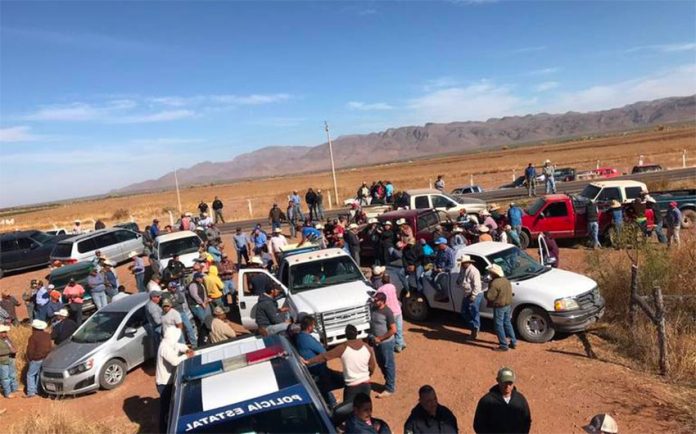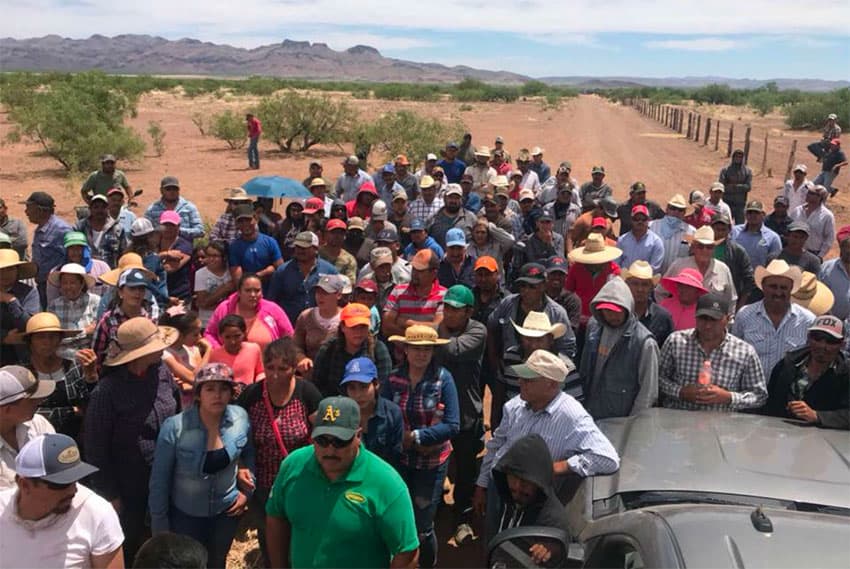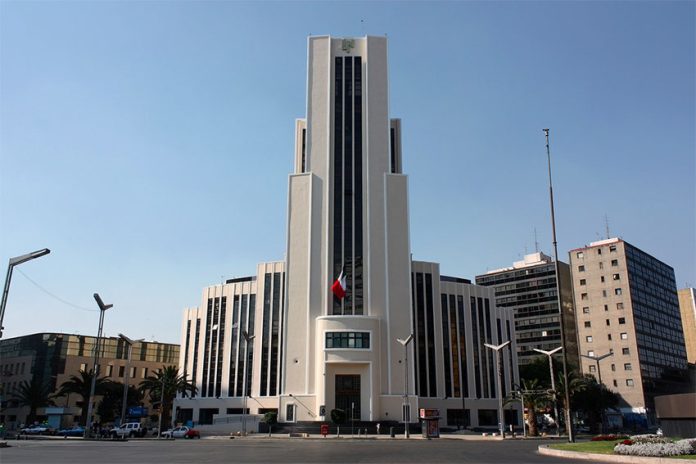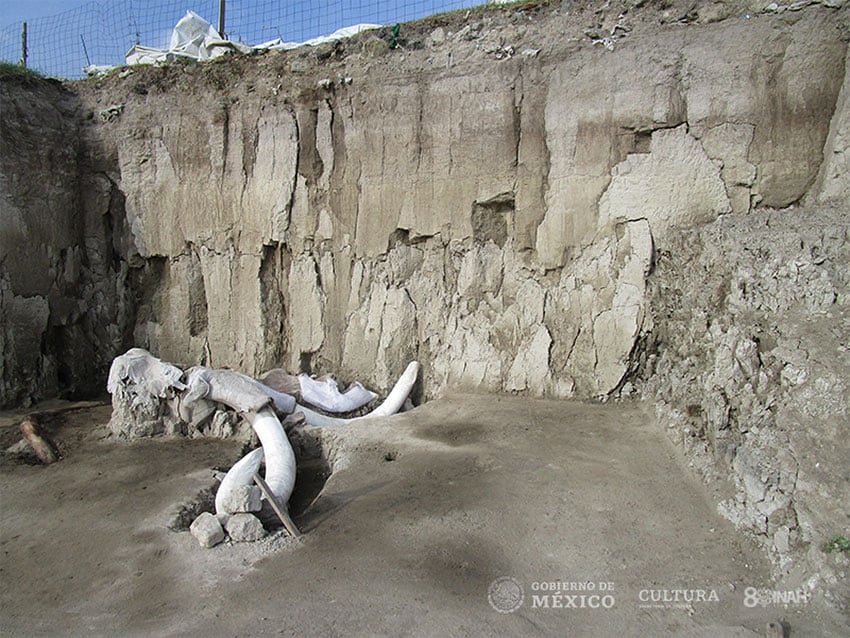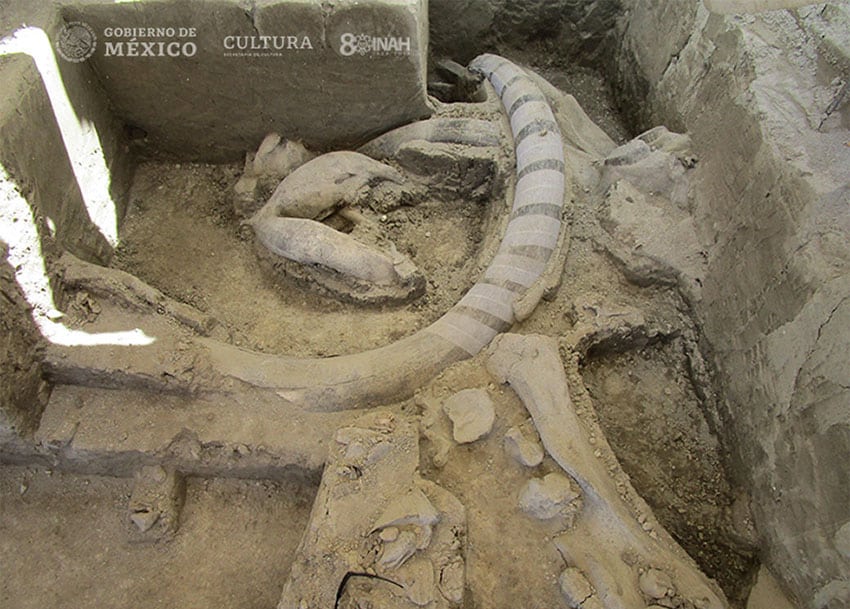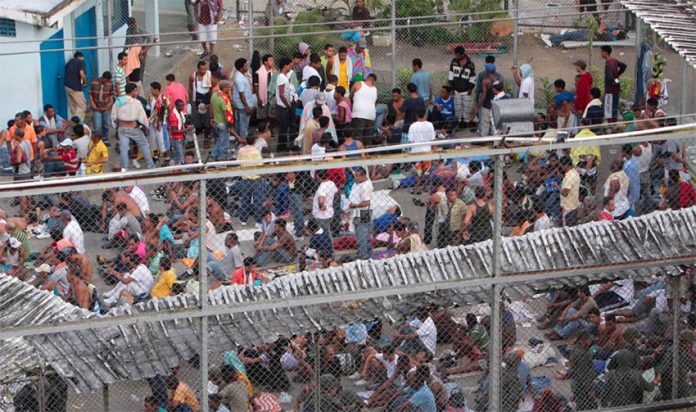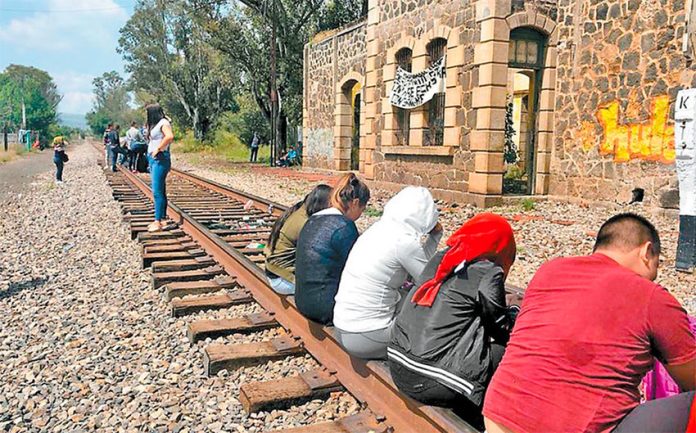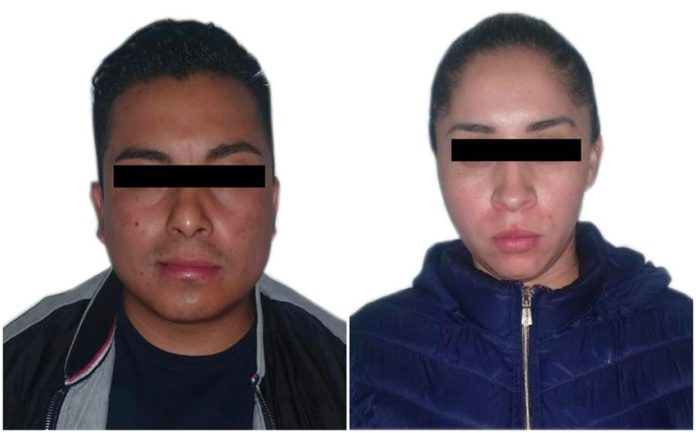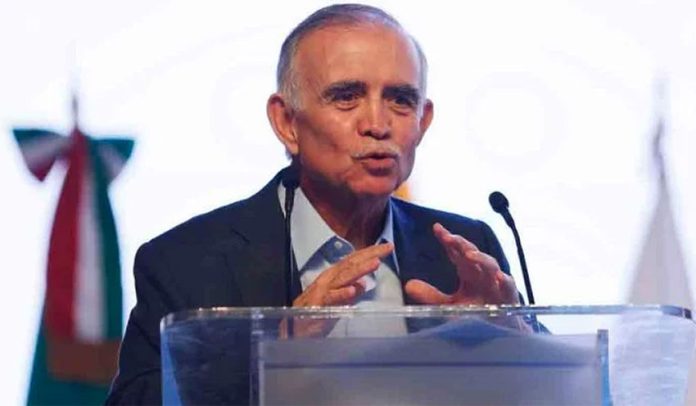There may be a government inquiry into the salaries — or absence thereof — of senior citizens who bag groceries at stores like Walmart and Soriana.
President López Obrador said Friday it was up to the Labor Secretariat to look into complaints about the remuneration those employees receive.
He was asked during his morning press conference whether his administration would take action on reports that the seniors receive no pay at all beyond customers’ tips.
The president said the issue was one of labor justice and should be resolved by the applicable department, although in fact the seniors are employed under a federal government program.
“They should present a complaint over not receiving a fair salary or benefits, that’s what they can do . . . The Labor Secretariat must intervene, it will intervene because all human beings have the right to a fair salary, it’s an enshrined right in the constitution.”
However, he went on to say there may be no need for an investigation because the companies involved would likely pay the employees a fair salary now that the issue is being discussed.
“I’m sure that without the need for complaints, without proceedings, the directors of Walmart are listening to us, and in this way there will be justice,” he added.
The National Institute for the Elderly (Inapam), a federal agency, administers a program that connects senior citizens to this kind of employment. One is for “voluntary merchandise packers,” by which people 60 and older find employment with retailers.
Their remuneration comes in the form of customers’ tips, which augment pensions such as the senior citizens’ bimonthly Wellbeing Pension of 2,550 pesos (US $133).
For 78-year-old Félix Saucedo, who works six hours a day six days a week at a Chedraui store in Tlalnepantla, México sate, the tips represent 10,000 pesos a month.
It’s a hefty supplement to monthly pension income of just 3,775 pesos — 1,275 from the Wellbeing pension and 2,500 from IMSS, the social services institute.
Source: El Financiero (sp), Animal Político (sp)

